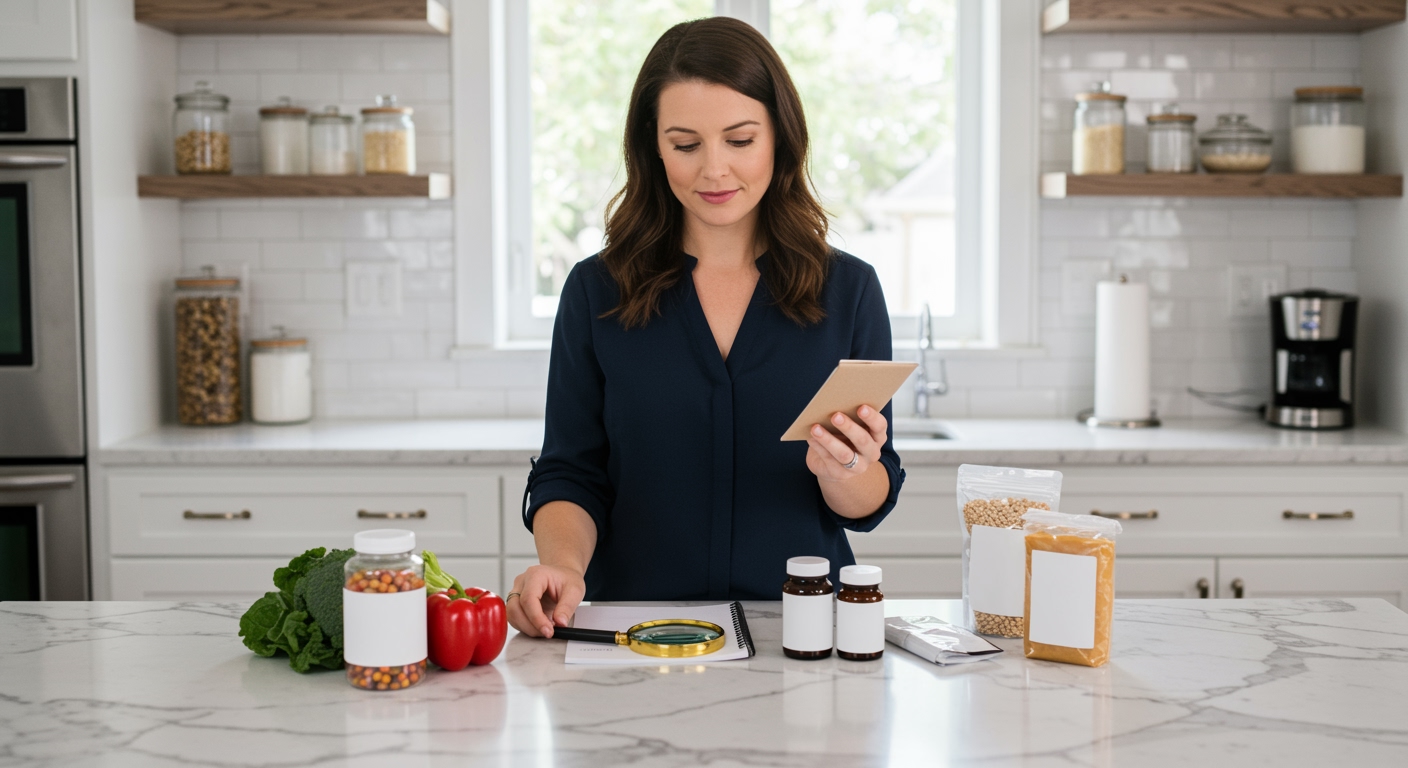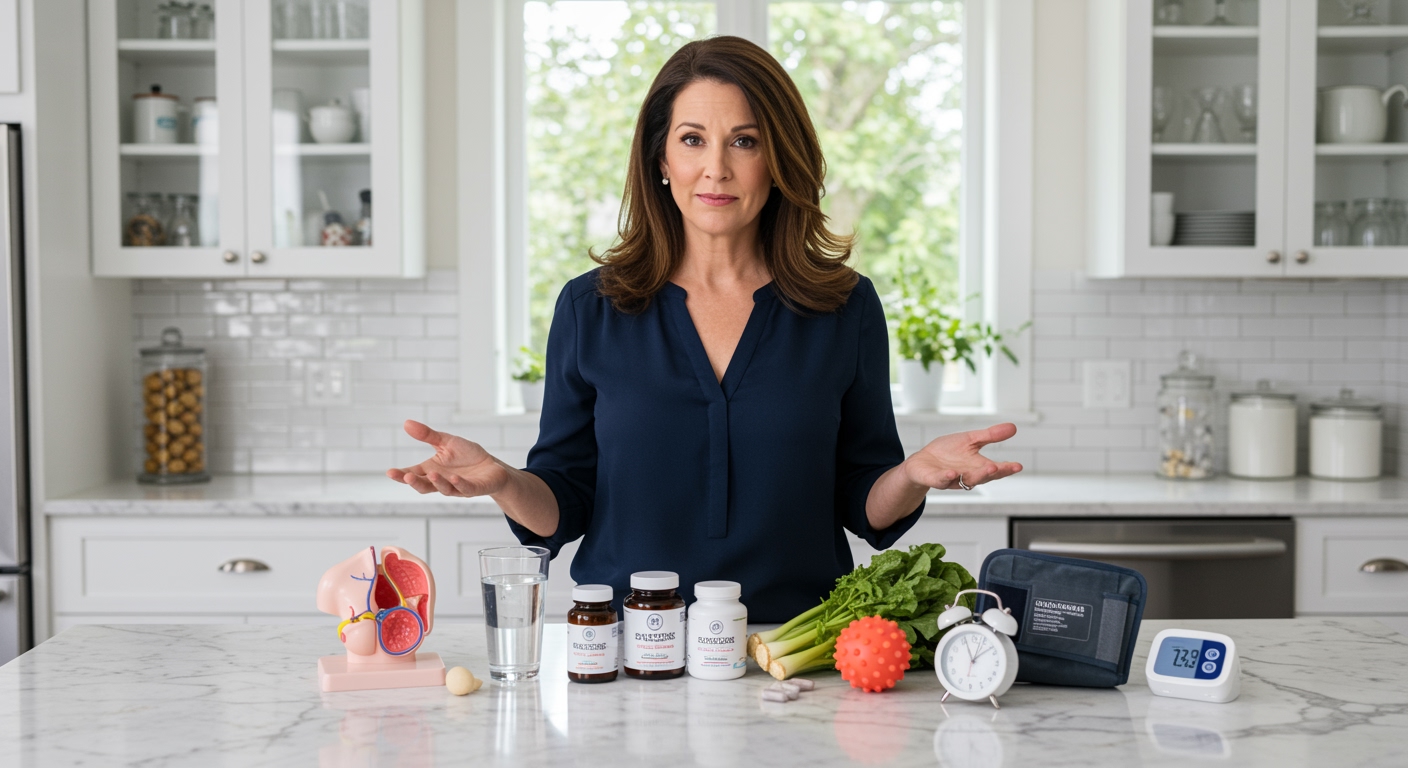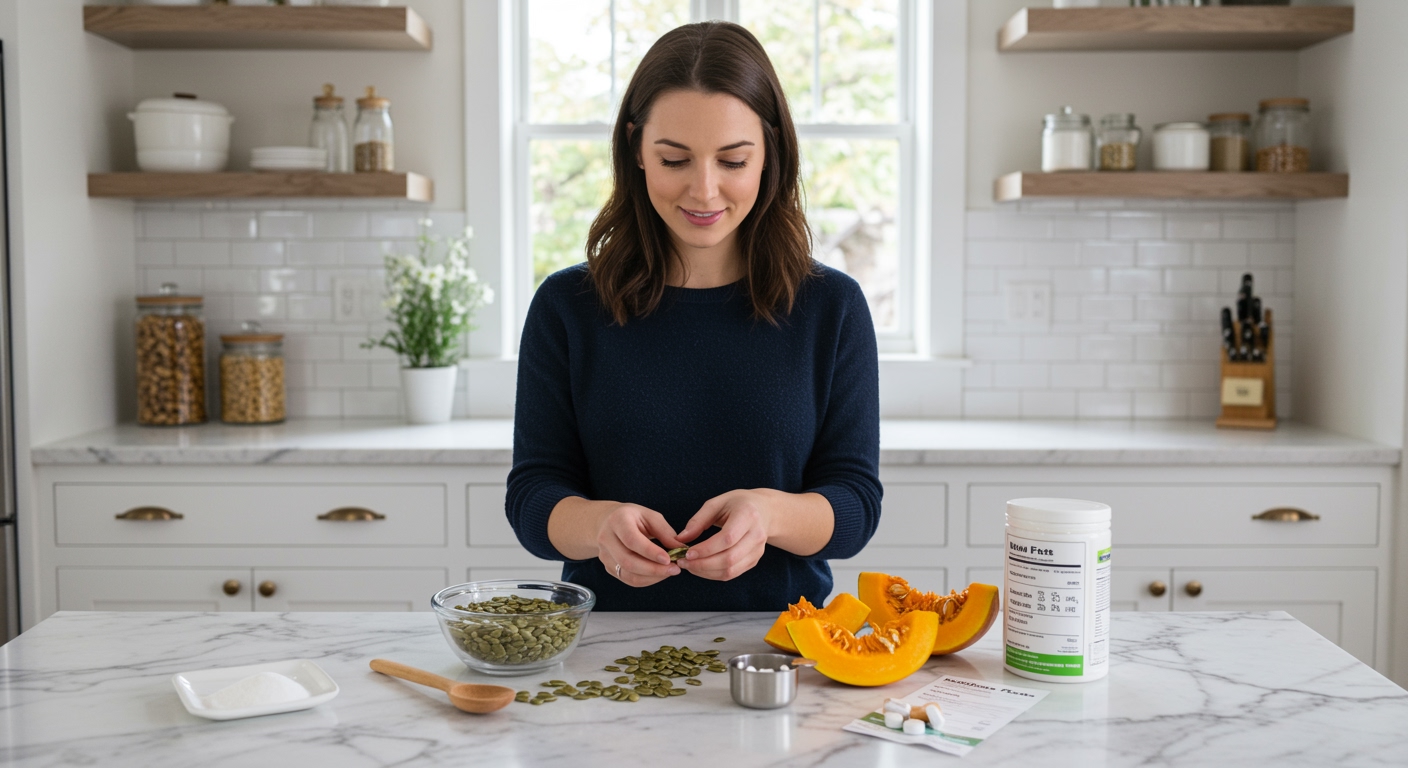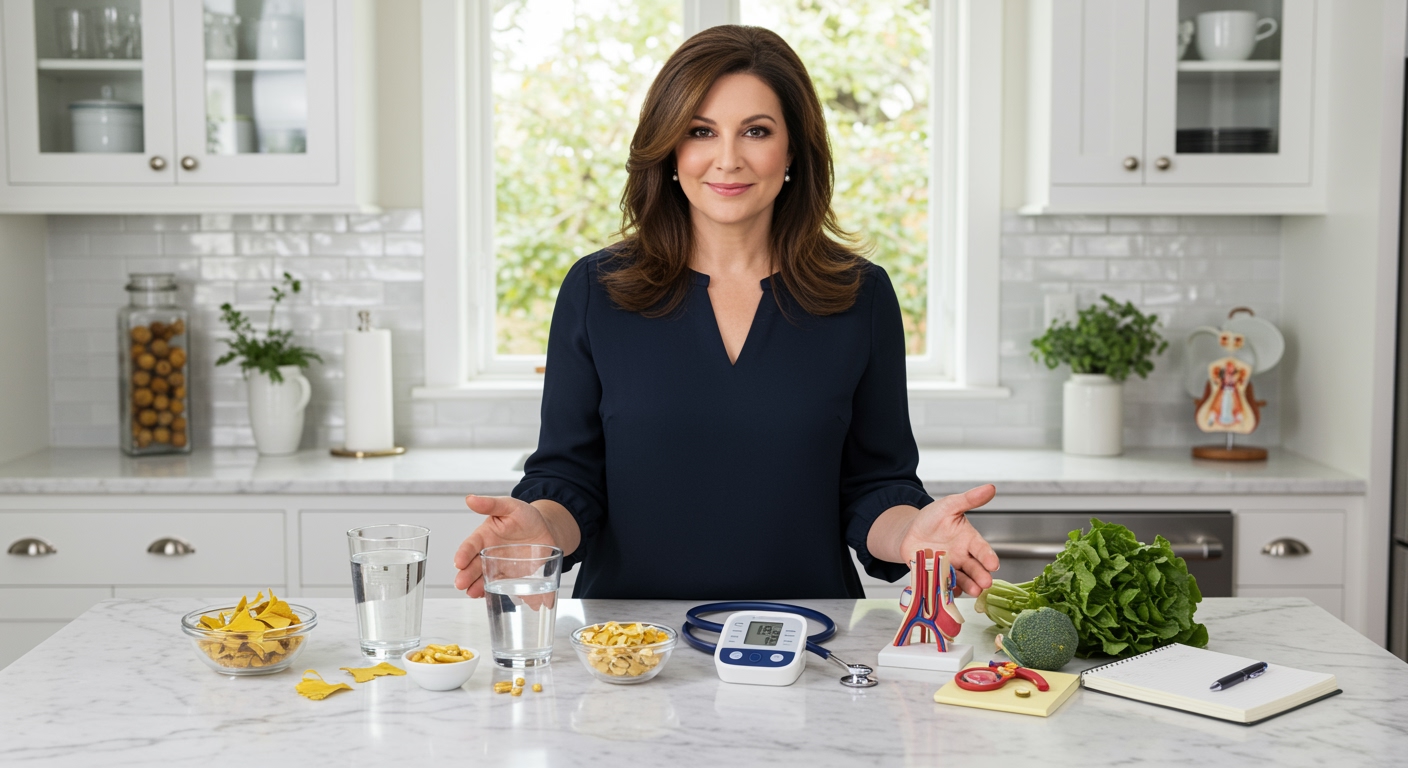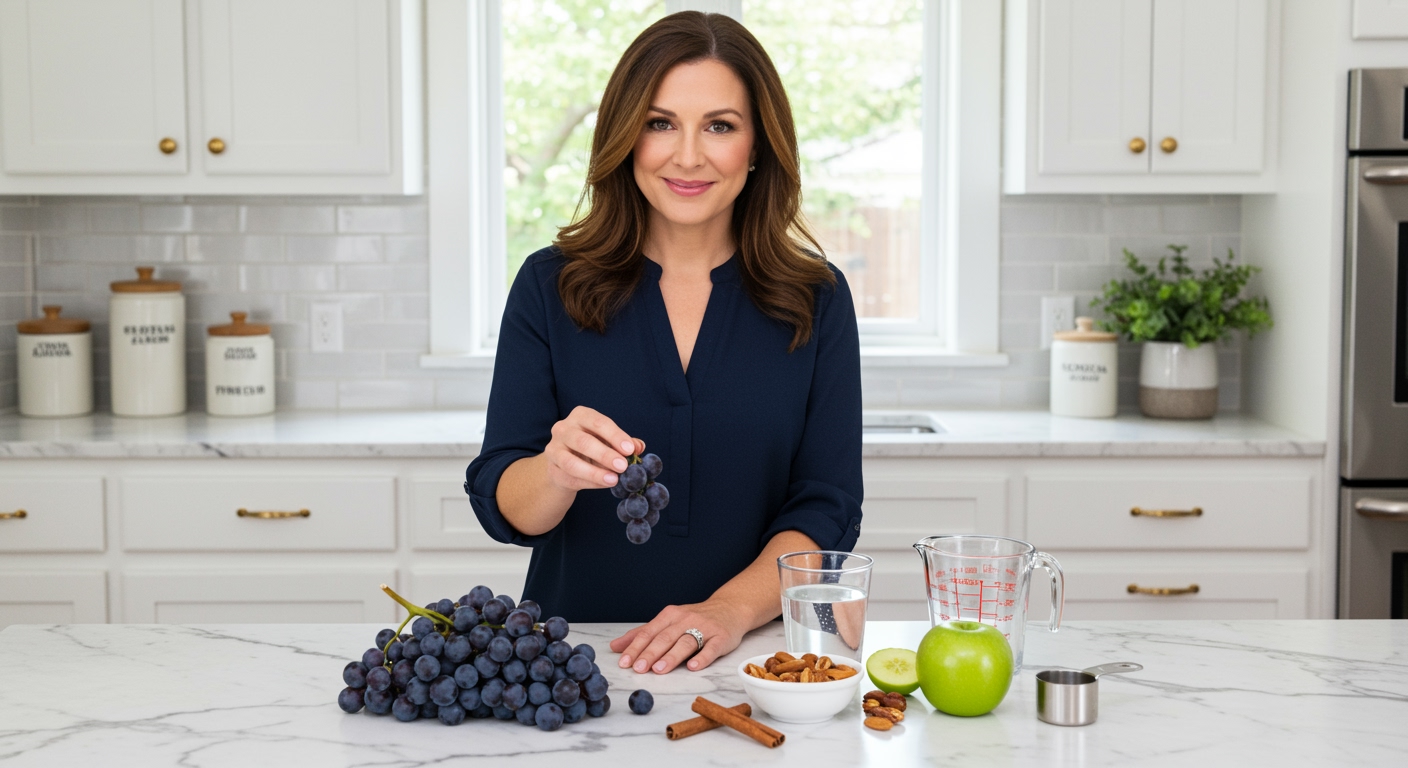✪ Key Takeaway: PCOS women should avoid harmful additives like artificial sweeteners and preservatives but can safely consume natural ones.
Introduction
You walk down the grocery aisle and every package screams warnings about additives.
Maybe you have PCOS and wonder if these chemical-sounding ingredients are making your symptoms worse.
Hi, I’m Abdur, your nutrition coach and today I’m going to explain which food additives actually harm PCOS women and which ones are perfectly safe.
What Are Food Additives Really?
Food additives are substances added to food during processing to preserve freshness, enhance flavor, or improve appearance.
The food industry uses over 3000 different additives in processed foods today.
These range from simple salt and sugar to complex chemical compounds with unpronounceable names.
Some additives come from natural sources like citric acid from citrus fruits.
Others are synthetic chemicals created in laboratories to mimic natural compounds.
The key difference lies not in their origin but in how they affect your body and hormonal balance.
✪ Fact: The average American consumes about 5 pounds of food additives per year.
Which Additives Worsen PCOS Symptoms?
Artificial sweeteners like aspartame and sucralose disrupt gut bacteria that regulate insulin sensitivity.
Research shows these sweeteners can increase insulin resistance by up to 20 percent in some women.
High fructose corn syrup triggers inflammation and worsens insulin resistance more than regular sugar.
Sodium benzoate and other preservatives can interfere with mitochondrial function in your cells.
This cellular damage makes it harder for your body to process glucose effectively.
Artificial colors like Red 40 and Yellow 6 may trigger inflammatory responses that worsen PCOS symptoms.
Trans fats and partially hydrogenated oils create systemic inflammation throughout your body.
✪ Pro Tip: Check ingredient lists for words ending in “-ose” as they often indicate hidden sugars.
Are All Additives Bad For PCOS?
Many natural additives actually support hormonal balance and metabolic health.
Vitamin C (ascorbic acid) acts as both a preservative and powerful antioxidant that reduces inflammation.
Natural vanilla extract contains compounds that may help regulate blood sugar levels.
Lecithin from sunflowers or soybeans supports cell membrane health and hormone production.
Pectin from fruits helps slow glucose absorption and improves insulin sensitivity.
Even some synthetic additives like calcium propionate show no negative effects on PCOS symptoms.
✪ Note: Natural does not always mean better, but harmful additives are usually synthetic chemicals.
How Do You Identify Problem Additives?
Look for ingredient lists with fewer than 10 items as your first screening method.
Avoid products containing words you cannot pronounce or recognize as food.
Watch for multiple types of sugar listed under different names in the same product.
Ingredients are listed by weight, so harmful additives near the beginning pose greater risks.
Download a reliable app or keep a reference list of problematic additives on your phone.
Focus your attention on products you eat regularly rather than occasional treats.
✪ Pro Tip: Spend 80 percent of your grocery time in the produce section to naturally avoid most harmful additives.
What Should PCOS Women Do Instead?
Choose whole foods that naturally contain no additives whenever possible.
When buying packaged foods, select products with recognizable ingredients you could find in your kitchen.
Prepare more meals at home using fresh ingredients to control what goes into your food.
Use natural flavor enhancers like herbs, spices, and citrus instead of artificial seasonings.
Read labels every time you shop because manufacturers change formulations frequently.
Focus on reducing your overall intake of processed foods rather than obsessing over every single additive.
✪ Fact: Women who cook at home 5 times per week show 30 percent better PCOS symptom management.
The Bottom Line
PCOS women should avoid harmful synthetic additives but can safely consume natural preservatives and enhancers.
Smart food choices come from reading labels, not avoiding all processed foods completely.
Share your questions about specific additives or your experiences with label reading in the comments below.
References
At NutritionCrown, we use quality and credible sources to ensure our content is accurate and trustworthy. Below are the sources referenced in writing this article:
